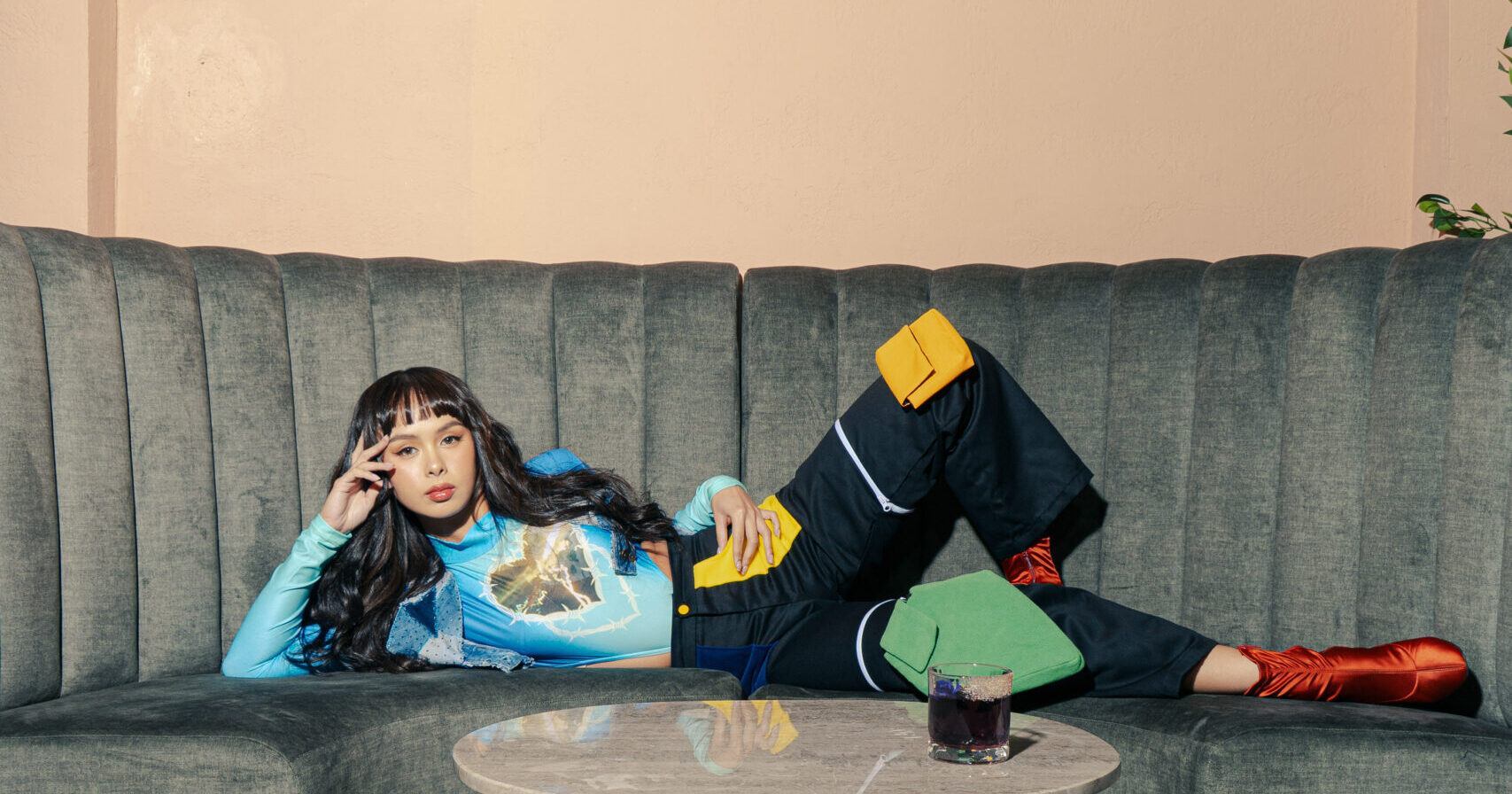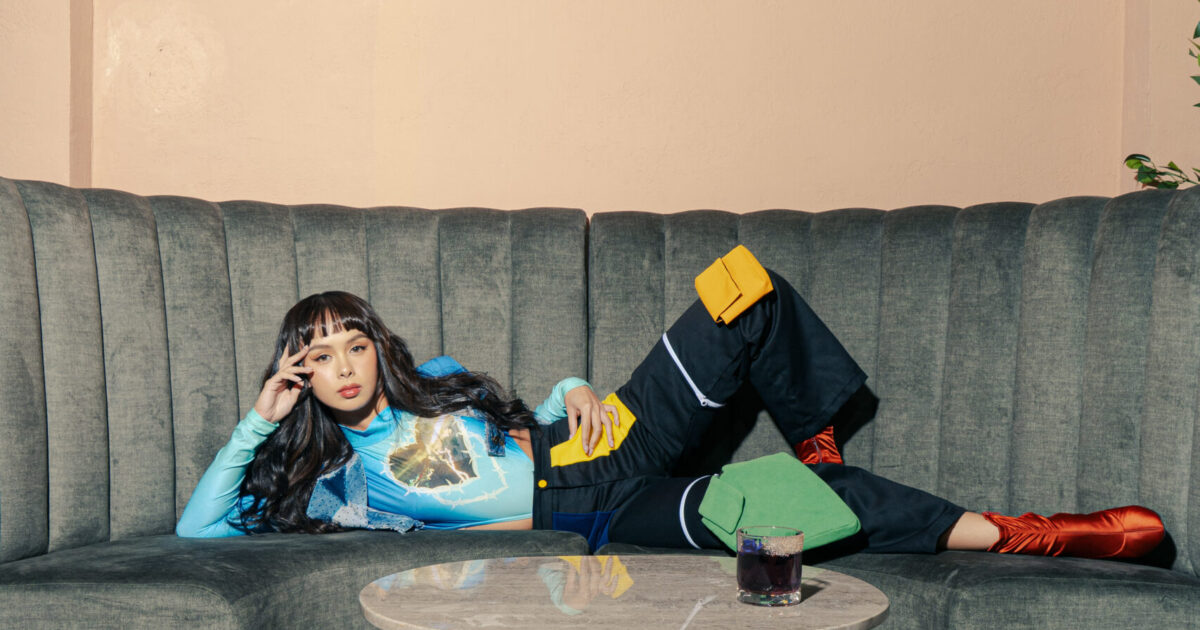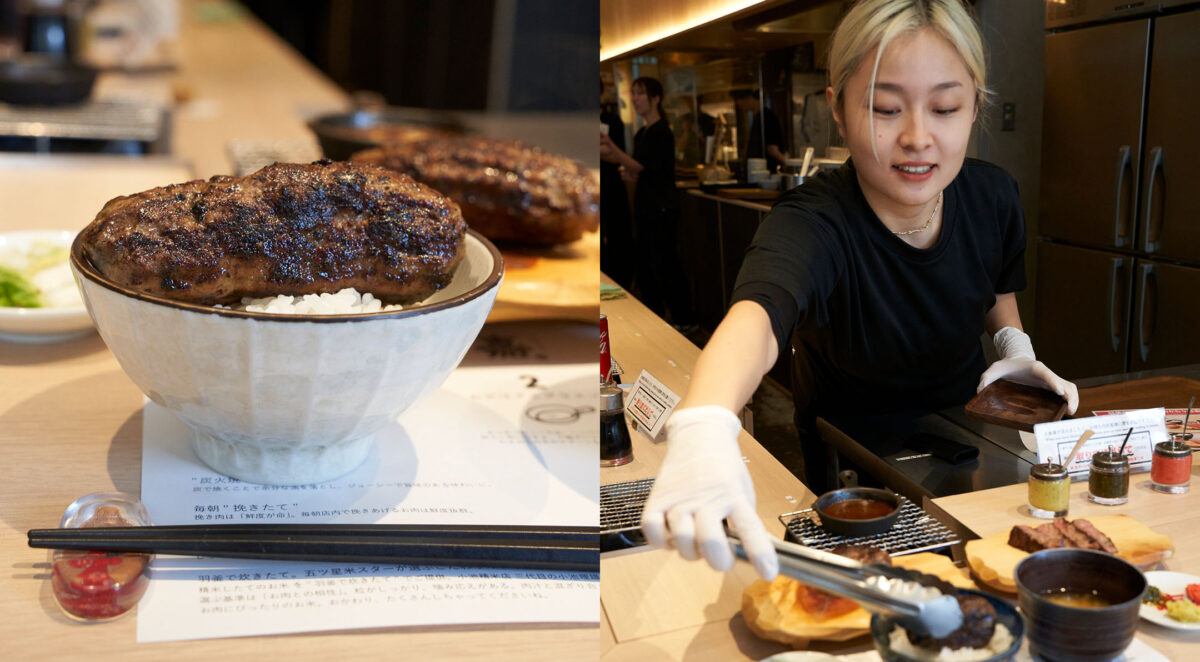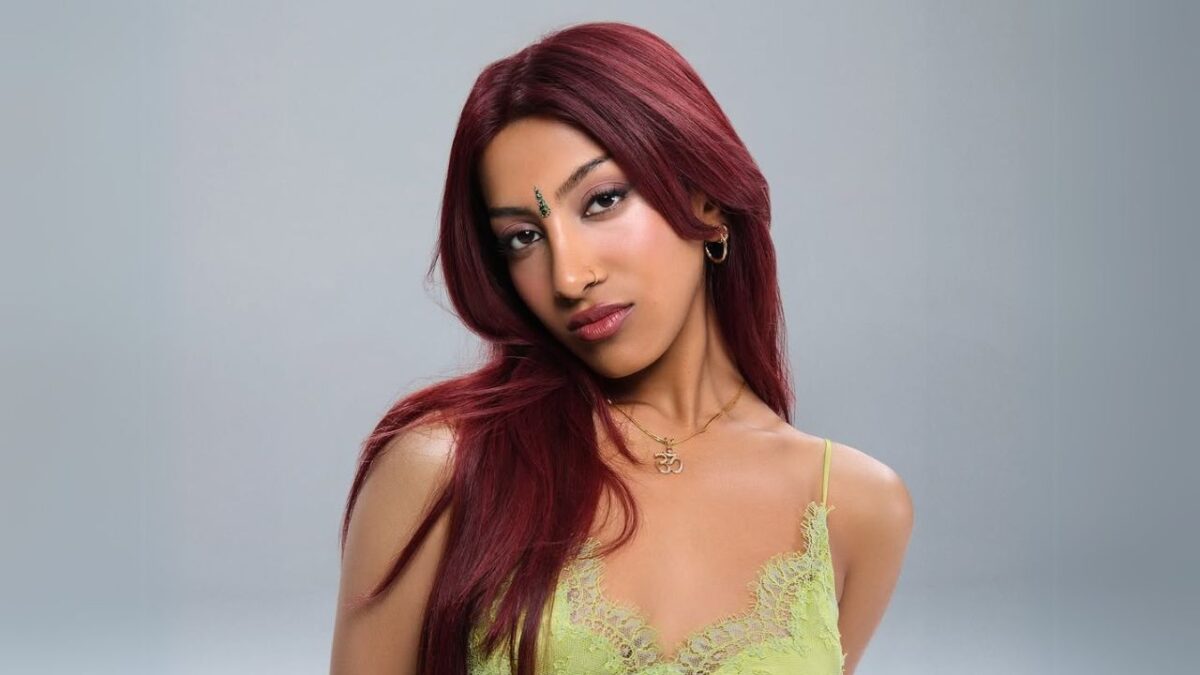Class is in session, style kids.
In recent years, Filipino independent fashion brand Ha.Mu has made a name for itself through its quirky and fun approach to design. Some of its pieces have been worn by artists and celebrities (s/o to our main girl Ylona) and splashed on glossies and online platforms. However, that hasn’t stopped them from showing a different side. This time, through a new diffusion label.
Distinct from Ha.Mu’s colorful, maximalist and free-spirited designs, Müü.Hȧȧ, according to fashion designer Abraham Guardian, was “based on the concept of having ‘uniform-like’ pieces that can be mixed and matched easily with existing pieces in your closet. The pieces designed and constructed were done with the intention of making sure that the wearer would feel stylish, fashion-forward, and comfortable at the same time.”
“The pieces designed and constructed were done with the intention of making sure that the wearer would feel stylish, fashion-forward, and comfortable at the same time.”
Ranging from school uniform silhouettes and skirt-dress combos to quilted vests in geometrical shapes and pinstripe coats, the label’s SS2021 collection called “School starts on Jan 28th” is quite frankly unlike anything else Ha.Mu has done before. With financial and business support from Benilde’s Hub of Innovations for Inclusion initiative, Müü.Haa came to fruition and is now available for purchase on their website. We talked to Abraham, one-half of HaMu’s designers, to know more about the ideas behind this launch.
What is the driving force behind the creation of this new diffusion line?
We wanted to create a different line that could cater to a wider audience. We considered some of the important factors when deciding on this, which also included the art direction and style of the entire diffusion brand.
How did you differentiate Ha.Mu and Müü.Hȧȧ, especially in terms of aesthetics?
When we studied in detail how we designed pieces for Ha.Mu and how our customers and followers perceived the brand, we observed that the pieces we do are more intimidating and experimental. We have a market for them but it was the mass majority who could only relate to it as an art form instead of a clothing form. Though we have an art direction in Ha.Mu, we also wanted to be able to earn financially through the pieces we produce.
For Müü.Hȧȧ, the direction and aesthetic we are going for are the total opposite of Ha.Mu’s. We wanted to do a line inspired by the idea of “uniform wear” and making it wearable for various purposes and occasions. We also wanted to make sure that the pieces that we put out are timeless and seasonless so people can use them for many seasons.
What issues did you encounter in launching this new brand amid everything that’s been happening?
The main challenge that we faced while preparing for this launch was how to come up with a brand that is relevant today. The pandemic has affected a lot of industries and this has also changed the movement of the fashion market because the consumers now have become more conscious of how they purchase and where they want to be spending their money. We want a brand that is inclusive because we do not want anyone to feel left out as much as possible.
Among industry players and newer brands, how does Müü.Hȧȧ stand out?
Müü.Hȧȧ stands out because we are touching the subject of uniform pieces for everyday wear, while at the same time applying the same design principles we have for Ha.Mu with a different type of output. We also practice other forms of sustainability in various aspects of the brand.
Read more:
Ha.Mu is a finalist in this year’s MullenLowe NOVA Awards
This Toqa collection is an ode to the ghost of raves’ past
Ha.Mu might be out of the box, but they’re for everybody
Photo from Müü.Hȧȧ













































